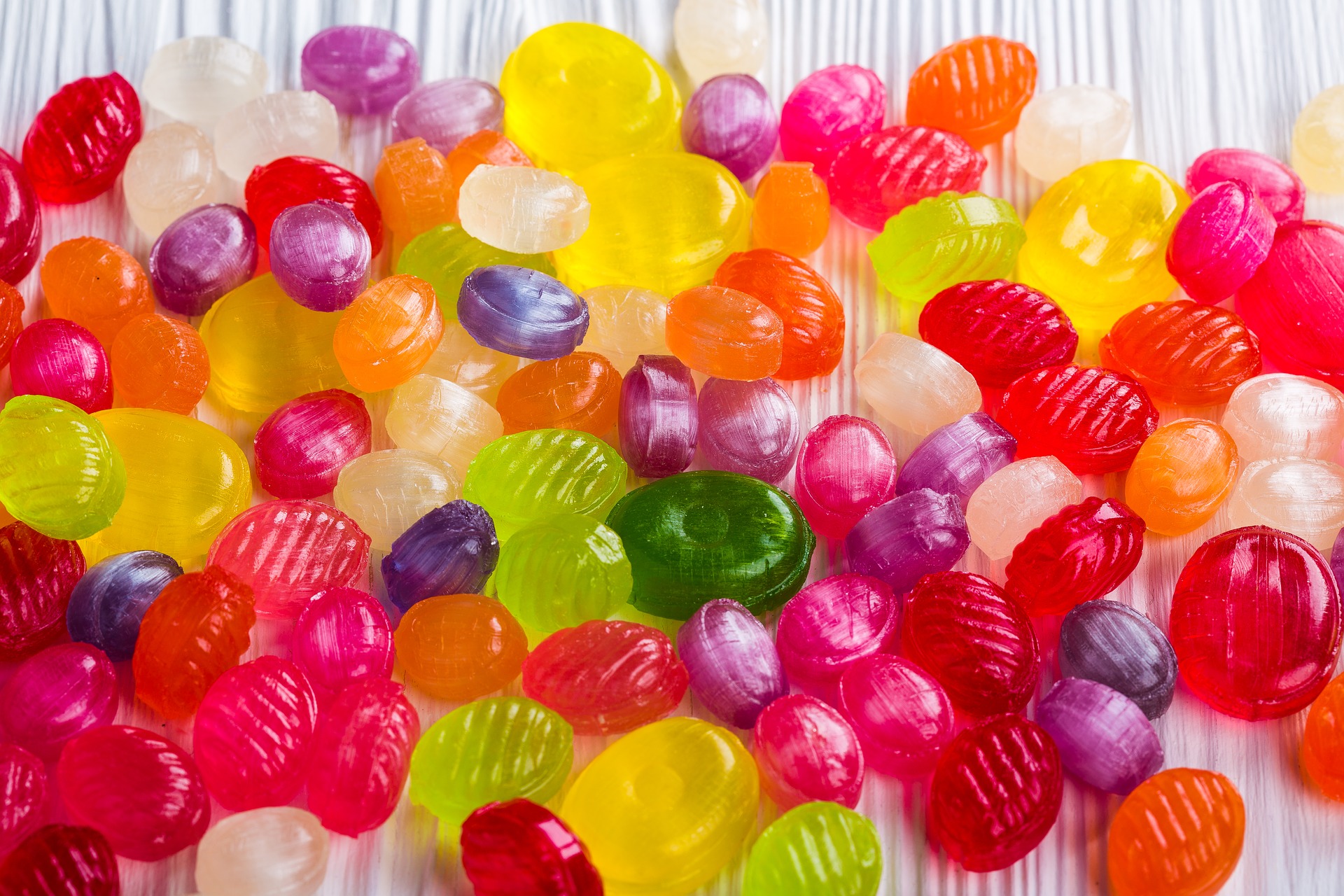
28 Aug Sweet tooth: the number one ‘hand-me-down’ habit parents rub off on their kids
A new survey of close to 1,800 people1 – including adults and children aged 10 to 17 -reveals the vast majority (77%) of Aussie parents prioritise their family’s health ahead of their own.
According to the data1, when it comes to the health of their children, Australian parents are likely to tick all the right boxes, but sometimes this comes at the expense of their own wellbeing. For example:
- 76% of parents ensure their children eat breakfast every day, but only 1 in 2 (55%) do so themselves.
- 76% of parents make sure their children are active every day, but only 16% achieve this themselves.
- 29% of parents encourage their children to share how they’re feeling, however, only 12% of parents do so themselves.
- 74% of parents believe, personally, they could be healthier overall, yet only 57% feel this way about their children.
Medibank Chief Medical Officer Dr Linda Swan said: “Let’s face it, it’s not easy getting it right all the time but we know parents carry a significant influence in a child’s life, and kids are likely to go on to develop habits that reflect those of their parents.
“While as parents, it may feel natural to prioritise your family’s health, this data shows it’s important not to let your own health take a back seat.”
Sweet tooth: the number one ‘hand-me-down habit’
While these stats show that parents are mostly focused on the health of their children, the data shows their own behaviours are still rubbing off – with 78% admitting their children have picked up their habits, both good and bad.
According to kids, it’s their ‘sweet tooth’ that has come out on top as the number one habit inherited from their parents (32%), followed by excess screen time (29%).
On the upside, the third highest ranking habit is a shared love for keeping active (24%).
Additionally, 48% of children say they’ve learned the value of ‘me time’ from mum and dad, highlighting the importance parents place on maintaining a healthy mind-set.
Children want parents to have more ‘me time’ too.
45% of the children interviewed agree that their parents should have some more ‘me time’. The data shows that only 17% of parents practice self-care each day, with half (53%) saying they feel guilty for doing so.
Despite this, 73% of parents admit that when they do practice self-care, they’re a better person to those around them.
Importance of ‘self-care’ goes beyond families
The data shows that those without children also struggle to find ‘me time’, with one in two (50%) saying they don’t practice self-care enough.
As for why adults are finding it hard to dedicate time for themselves, 39% claim they just can’t find the time.
Interestingly, nearly all agree that even the smallest, healthy actions can make a world of difference to how they feel (84%) and act towards others (73%).
“It can be hard to find time for ourselves, in amongst family, work and social commitments.
“With these findings, we hope to demonstrate to all Australians that dedicating time to focus on your health – whether it’s for five minutes or five hours – can have a positive knock-on effect on those around us,” said Dr Swan.
For tips and tools to help you eat, move and feel better, Medibank has created ‘Live Better’ to support the health and wellbeing of all Australians. Live Better includes an online health hub, Medibank supported free, active and social activities and the new Live Better rewards app.
Find out more at Live Better
1 Medibank-commissioned research conducted by Lewers in August 2019. Survey including 1,726 respondents, made up of parents, non-parents and children aged 10-17.

